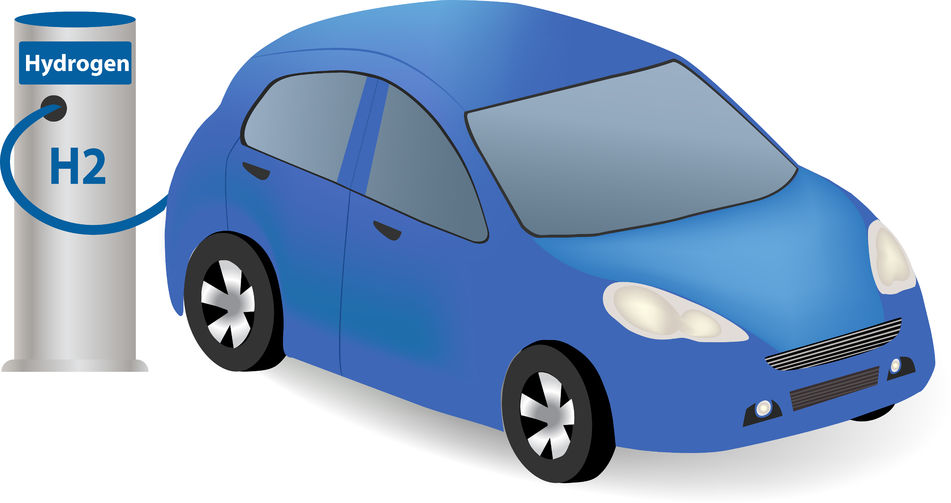The EU is promoting hydrogen as one of its fuels of choice to propel the region off of fossil fuels.
As reported in Bloomberg News, “The European Union said the hydrogen industry will benefit from stimulus packages to revive the economies of its member states which have been hit hard by the coronavirus pandemic. Using hydrogen will also accelerate the energy transition and help reach the bloc’s goal of becoming carbon neutral by 2050.”
Hydrogen fuel has long been used for rockets, cars, trains, boats and airplanes. But it is not without its drawbacks. Hydrogen is difficult, particularly in cars, because it is hard to store in a high pressure or cryogenic tank. It is also very combustible, something which is made even more dangerous given that it can easily leak out. Explosions have been reported at some hydrogen filling stations.
Nevertheless, the EU is hip on its potential. A pair of French companies, Engie SA and Air Liquide SA, are putting forward a proposal to build solar farms big enough to power 450,000 homes with enough electricity left over to produce hydrogen by electrolyzing water. Their project, called HyGreen Provence, plans to take its hydrogen and sell it to refineries and chemicals makers helping them reduce their greenhouse emissions.
Again, as detailed in Bloomberg:
The HyGreen Provence project would produce renewable hydrogen on a much bigger scale than anywhere else, and trim CO2 emissions that come from the refining and petrochemical complex. The French industrial sector uses about 1 million tons of hydrogen each year, and the government would like between 20% to 40% of this to be carbon-free by 2028.
But the companies need government subsidies to do it. While producing so-called green hydrogen, which is done using water electrolysis and emits no CO2, it costs about three times as much as steam methane reforming — a process used by refiners which does produce the greenhouse gas.
Will hydrogen ultimately prove to be a good energy bet? Time will tell. It certainly has potential, but free market analysts say they are skeptical of such government initiatives that create artificial markets to achieve political ends. They note these usually end in disaster – which unfortunately in the case of hydrogen is already connected to one of the worst disasters in history: The Hindenburg.
For more information, you can read the original article in Bloomberg News HERE.
